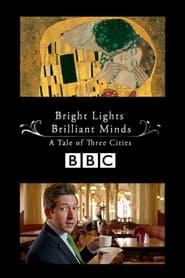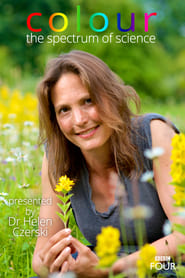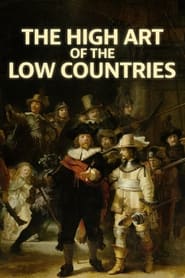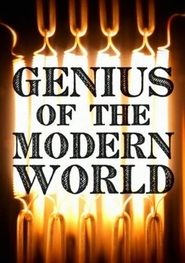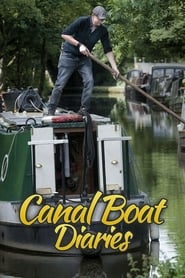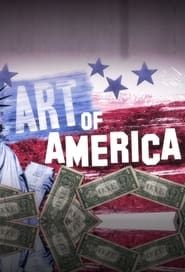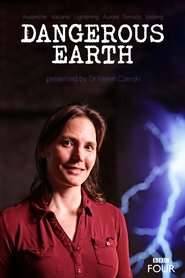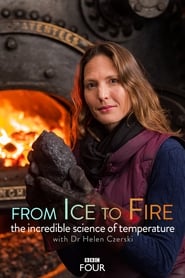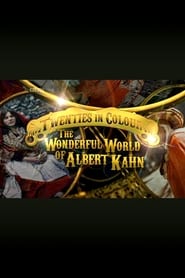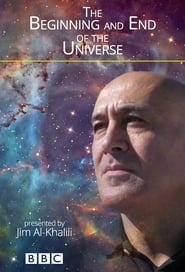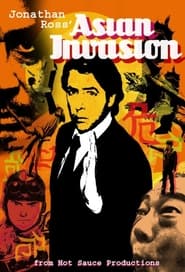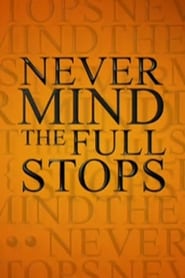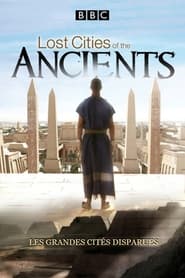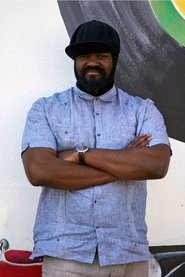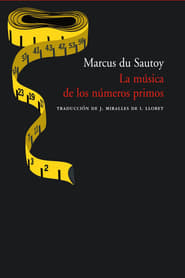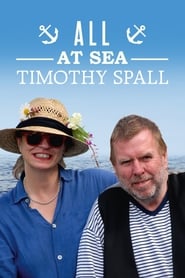Bbc Four TV Series - Page 9
-
Chemistry: A Volatile History
2010
star 4.7Jim Al-Khalili traces the story of how the elements, the building blocks that make up our entire world, were discovered and mapped. -
Bright Lights, Brilliant Minds: A Tale of Three Cities
2014
star 7Dr James Fox tells the story of three cities in three exceptional years - cities whose artists and thinkers, writers and musicians set the world on a new course. -
Colour: The Spectrum of Science
2015
We live in a world ablaze with colour. Rainbows and rainforests, oceans and humanity, Earth is the most colourful place we know of. But the colours we see are far more complex and fascinating than they appear. In this series, Dr Helen Czerski uncovers what colour is, how it works, and how it has written the story of our planet - from the colours that transformed a dull ball of rock into a vivid jewel to the colours that life has used to survive and thrive. But the story doesn't end there - there are also the colours that we can't see, the ones that lie beyond the rainbow. Each one has a fascinating story to tell. -
The High Art of the Low Countries
2013
This 3 part series is presented by the British Art Critic, Andrew Graham-Dixon. He explores the Low Countries of the Netherlands and Belgium and how history has influenced the area's art, architecture and culture. Cloth was used in the area's first expression of art in the making of tapestries going back to the 14 th century. They were the No. 1 luxury item of the day. The Low Countries were well placed geographically for markets for their art. -
Genius of the Modern World
2016
star 7.4Historian Bettany Hughes retraces the lives of three great thinkers whose ideas shaped the modern world - Karl Marx, Frederick Nietzsche and Sigmund Freud. -
The NHS: A People's History
2018
A crowdsourced social history of the NHS, told through people's treasured mementoes, whether they be the unsung medical heroes of the staff or the experiences of the patients. -
Canal Boat Diaries
2019
star 9.5Travelling through England’s landscapes, towns and villages, Robbie Cumming offers a personal take on life aboard his narrowboat the Naughty Lass. -
Art of America
2011
star 6Andrew Graham-Dixon embarks on his most ambitious journey yet, an exploration of the rich, exciting and diverse art history of the United States of America -
Dangerous Earth
2016
Dangerous Earth
2016
Series showing how new camera technology is revealing the inner workings of the Earth's most spectacular natural wonders. -
From Ice to Fire: The Incredible Science of Temperature
2018
star 7Dr Helen Czerski goes on a spectacular journey to the extremes of the temperature scale, where everyday laws of physics break down and a new world of scientific possibility begins. -
The Twenties In Colour
2007
Thirties in Colour: Countdown to War takes black-and-white films from the era and colourises the footage, bringing the past vividly back to life. -
The Beginning and End of the Universe
2016
star 7.2Jim Al-Khalili tackles the greatest question in science - how the universe began. By recreating key experiments Jim unravels the mystery of science's creation story. -
The First Georgians: The German Kings Who Made Britain
2014
The First Georgians: The German Kings Who Made Britain, will present the revealing and surprising story of Britain in the reigns of George I and George II (1714-60) – the age of the ‘German Georges’. In 1714, Britain imported a new German royal family from Hanover, headed by Georg Ludwig (aka George I) - an uncharismatic, middle-aged man with a limited grasp of English. Lucy Worsley will reveal how this unlikely new dynasty secured the throne – and how they kept it. An intimate and close-up portrait of these German kings of Britain, the series will follow George I, his son George II, and their feuding family as they slowly established themselves in their adopted kingdom - despite ongoing threats from invading Jacobites and a lukewarm initial response from the British public. -
Asian Invasion
2006
Asian Invasion
2006
Asian Invasion is a three-part mini-series presented by Jonathan Ross which aired on BBC Four in January 2006. Focusing on East Asian cinema, the series looked at some of the most famous films, actors and directors in Japan, Korea and Hong Kong. -
Never Mind the Full Stops
2006
star 8Never Mind the Full Stops is a British television panel game based on the English language, its idiosyncrasies, and its misuse. It is hosted by the British actor, author and Oscar-winning screenwriter, Julian Fellowes. Each episode lasts 30 minutes. The series was filmed in March 2006 at Channel 4's studios in Horseferry Road, Westminster. It was originally broadcast on BBC Four, and aired on BBC Two from 9 October 2006. Two teams of two people are faced with various questions and challenges concerning English grammar, spelling and usage. The show is divided into rounds, with themes such as identifying the famous author of a badly spoken sentence and correcting the punctuation in a written sentence. There is also a quick-fire round with questions such as "What is a malapropism?" Points are awarded throughout the show to determine the winning team. Each show starts with the host giving a 'difficult-to-spell' word and an example mnemonic to help remember that spelling, and by the end of the show the panellists have -
Gregory Porter's Popular Voices
2017
star 6Soul and jazz singer Gregory Porter explores the transcendent power of the popular singing voice in this joyous new series, celebrating everyone from Prince to Whitney, Caruso to Freddie Mercury -
The Music of the Primes
2010
For more than 2,000 years, a mathematical riddle has baffled the world’s greatest minds. It’s a problem of such difficulty that it has tormented those brave enough to tackle it. Some have given up in despair. Others have been driven mad. Primes are fundamental to mathematics yet they seem to surface entirely randomly along the number line. But are the primes truly random or is there some hidden pattern? It’s the greatest unsolved problem of mathematics. In The Music of the Primes, Marcus du Sautoy investigates the fascinating story of great mathematicians who have all grappled with the problem of the primes -
Timothy Spall: All at Sea
2012
Timothy Spall and his wife Shane are back on board their beloved barge the Princess Matilda as they conclude their trip around the British coast.

